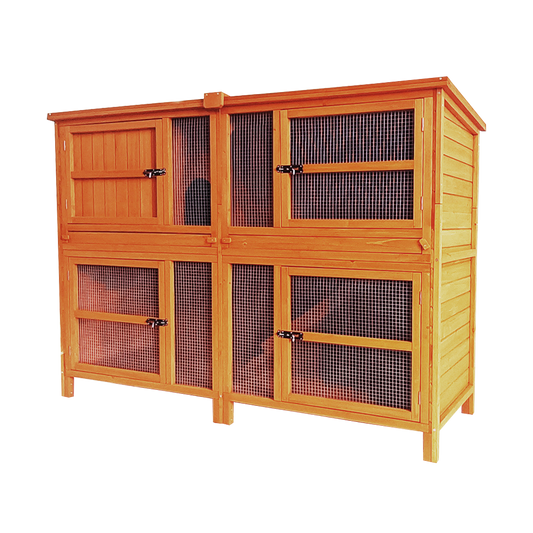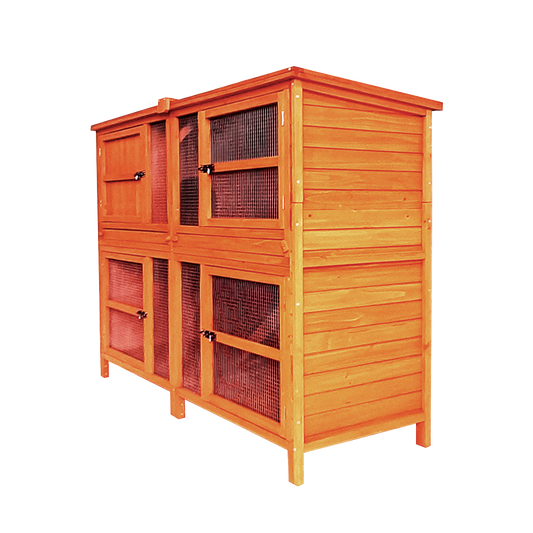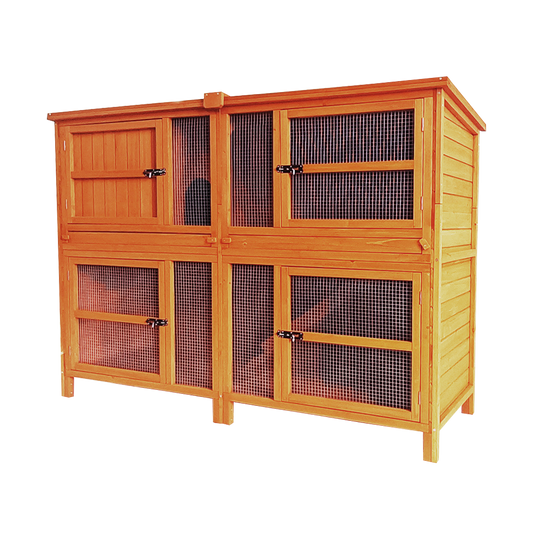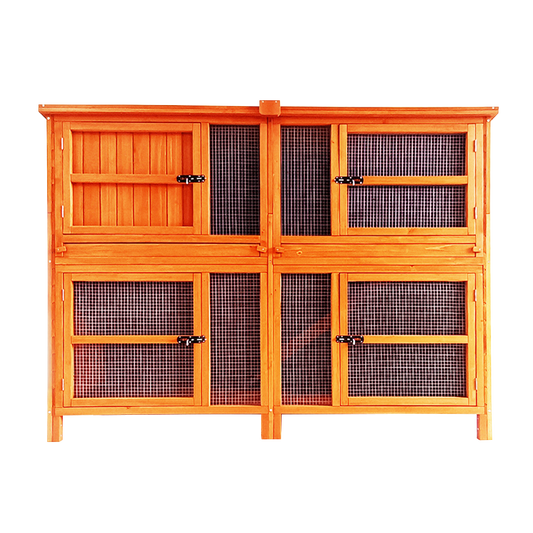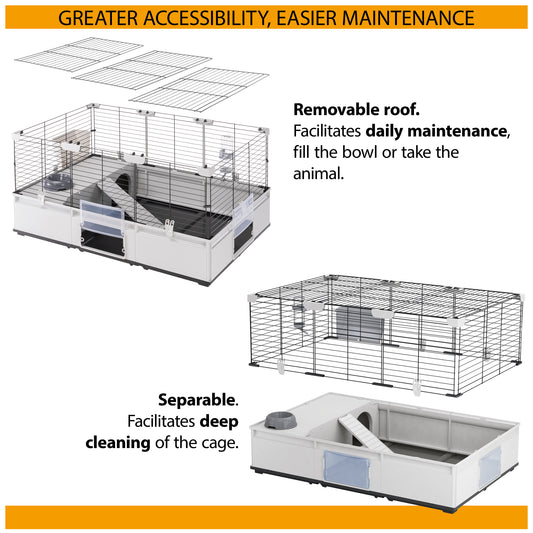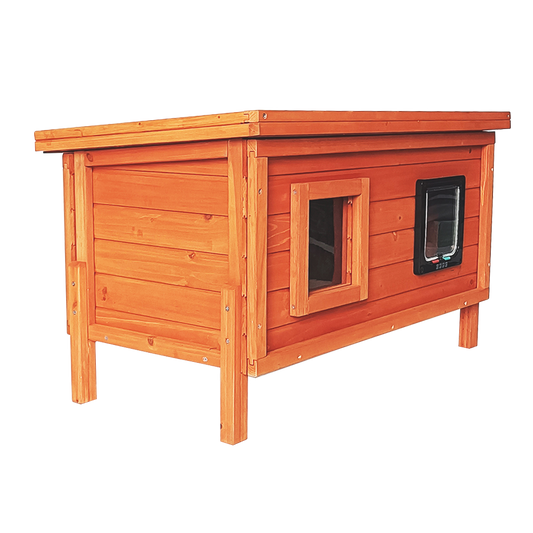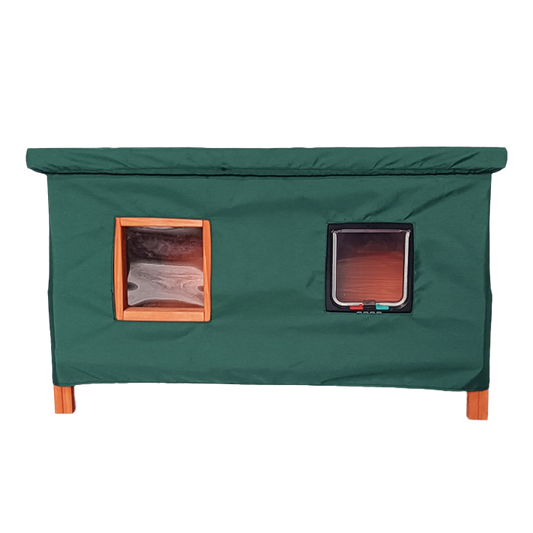Over 80% of dogs over the age of three have active dental disease. Few dogs actually show any obvious signs of this painful disease, so proper dog dental care is important to keep your family pet’s teeth and gums as healthy as possible.
The best way to prevent tartar build-up is through brushing every day using a canine-specific toothpaste and toothbrush. It’s important to carry this out on a daily basis and to ensure you clean all the teeth, not just the easy-to-reach ones. Many dogs won’t like this experience at first but carefully conditioning your dog to this new routine will pay off in the long run.
If your dog is completely new to teeth brushing, then begin by allowing your dog to investigate the toothbrush and toothpaste showing him there is nothing to fear. Squirt a pea-sized amount of toothpaste onto the toothbrush and let your dog have a taste. Canine-specific toothpaste is flavoured to entice your dog to want more, so he should be eager to have his pearly whites cleaned once he realises he gets some tasty paste each time.
To begin the process, slowly bring the toothbrush towards your dog’s mouth and start by just cleaning the front teeth and then praising your dog for allowing this. Rewarding and offering plenty of praise is very important as you want him to associate teeth cleaning with “good stuff” and to be a positive experience.
Once your dog is comfortable with you cleaning the front teeth, gradually move towards the sides and back of your dog’s mouth but again, take this very slowly at first and ensure your dog is comfortable. Lots of stopping to offer a dog treat or even just a lick of the toothpaste will show your pup that he’s doing a great job. Take your time, speak softly and don’t worry if your pooch takes a little while to get used to this new exercise as some accept it quicker than others. If you have a young puppy then starting a daily brushing routine as early as possible will help as the younger they are, the easier it should be for them to become accustomed to it.
Specially designed dental dog toys and dental dog treats can also help to delay or reduce plaque and tartar build-up and are usually gladly accepted by dogs young and old. There are also special dental dog foods available and water additives which you pour into their dog water bowl, both of which can assist in plaque removal and are an easy yet effective way to take care of your dog’s teeth with minimal effort.
If your best friend is showing signs of poor dental health, then a trip to the vets will be required. Your veterinarian will thoroughly examine your dog’s mouth and look for any signs of broken, chipped or missing teeth. Tartar can accumulate above and below the gum-line which can cause inflammation of the gums and make it difficult for your dog to eat so your vet will likely anaesthetise him and perform a dental scale and polish which will clean both above and below the gum-line. If your dog has a rotten or severely broken tooth, then complete extraction of this may be necessary to prevent further discomfort and possible infection.
Once your dog has had his teeth throughly cleaned by your veterinarian he will probably experience some sensitivity initially so your vet may prescribe some medication to help with this. They will also give you advice on the best dog foods to feed him whilst he recovers and advise on the best way to keep his teeth as clean as possible to minimise future dental operations.
Feeding your dog solely dry dog food or dry dog food mixed with wet dog food can also help with tooth cleaning as can feeding raw bones. It’s important to keep in mind that some dental dog chews may be suitable for adult dogs, but senior and younger puppies may struggle with harder, chewier dog treats due to having weaker or more sensitive teeth. They may also lack the ability to chew as well as a dog in his prime so be careful to select appropriate chews and toys and opt for those that give a little upon compression.
These guidelines should help give you an insight into the best possible way to take care of your dog’s teeth and gums. Daily brushing combined with the other methods mentioned is ideal and should keep your pup’s teeth in tip-top condition. Routine check-ups by your veterinarian are also advised as they can spot things that are easily missed, like a broken tooth, and can advise on the best action to take before infection kicks in. Dental hygiene is very important as a pet with poor teeth will be in pain and may struggle to eat, which can lead to all sorts of other problems. Prevention is better than cure so putting ten minutes aside each day to clean your best friend’s teeth will certainly be worth it.
If you enjoyed this, you may be interested in:


